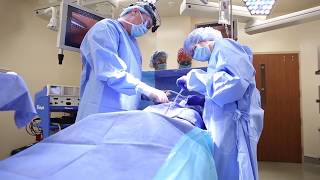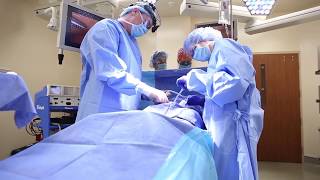
How to effectively communicate with patients and their families
Effective communication with patients and their families is an essential aspect of healthcare, and it can help to build trust, understanding, and positive outcomes. Here are some tips for effective co

How to navigate the challenges of working as a nurse in a long-term care facility
Communication is essential in a long-term care facility, where you will need to communicate with patients, families, and other healthcare professionals.

The benefits of pursuing a career in travel nursing:
a travel nurse, you have the ability to choose where you work, for how long, and when. This level of flexibility allows you to create a schedule that works for you and your lifestyle.

Understanding the impact of cultural competence in nursing
Cultural competence in nursing refers to the ability of healthcare professionals to understand, respect, and effectively interact with patients from different cultures and backgrounds.

Strategies for preventing nurse burnout:
Nurse burnout is a common issue in the healthcare industry, which can lead to physical and mental exhaustion, increased risk of medical errors, and high staff turnover rates.

The role of the nurse in patient advocacy:
Nurses act as advocates for their patients by ensuring that they receive quality care, including timely and accurate diagnoses, appropriate treatments, and effective communication between healthcare p

The impact of technology on nursing
Technology has had a significant impact on the nursing profession, from the way nurses perform their daily tasks to the way they communicate .

Exploring the different types of nursing specialties
Medical-surgical nursing: This specialty focuses on providing care for patients who are admitted to hospitals or other healthcare facilities for various medical and surgical conditions.

The impact of technology on nursing:
Electronic Health Records (EHRs): With the advent of EHRs, nurses have access to patient information, including their medical history, lab results, and medications, all in one place.

Understanding the role of a hospice nurse:
Hospice nurses are responsible for managing the physical symptoms that patients may experience during their illness.